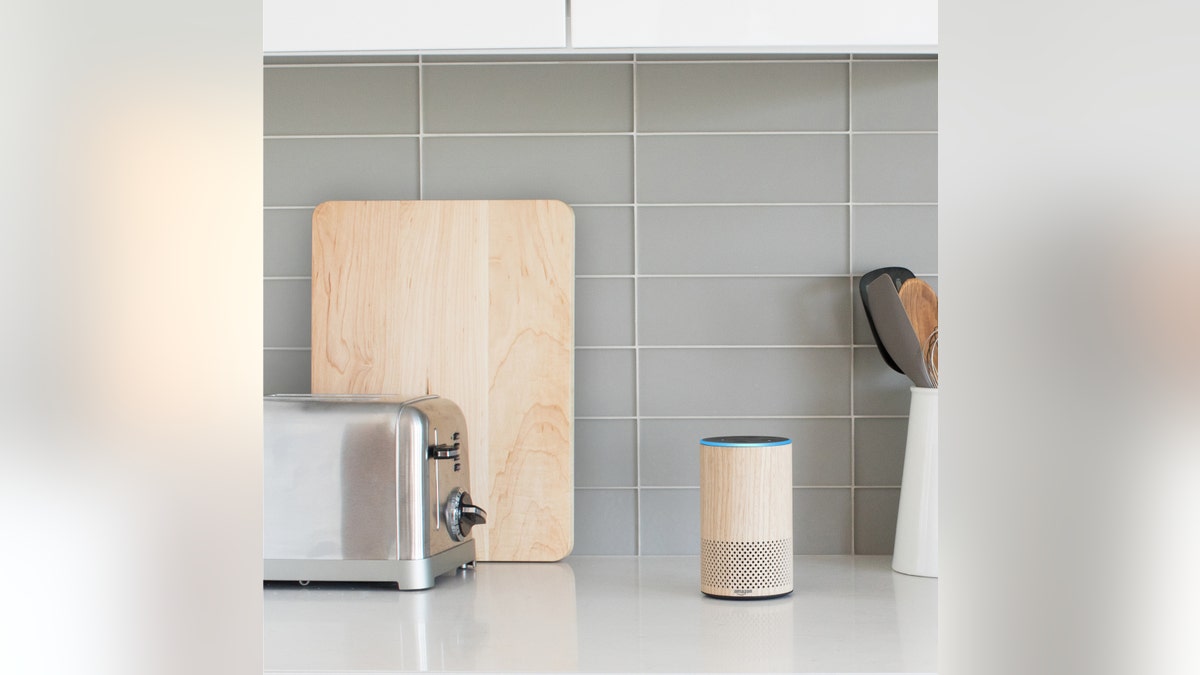
The all-new Amazon Echo (Photo: Business Wire)
Amazon is doing a pretty good job of getting its Alexa virtual assistant into our homes through a growing range of Echo devices. But what about when we aren't at home? Amazon has a solution for that, too.
Today, Amazon announced Alexa for Hospitality. Amazon is inviting "hotels, vacation rentals, and other hospitality locations" to deploy Alexa for their customers. In other words, add an Echo device to each room so that guests can interact with Alexa to find out the information they need while on holiday.
Alexa for Hospitality will allow guests to access hotel and local resort information, but also to contact hotel staff for service as well as play music if requested using iHeartRadio and TuneIn. Personal music will be available through Amazon Music, Spotify, and Pandora, and Audible is on hand for listening to audio books.
The service will be customizable, allowing each hotel or resort to add their opening times and locations for different facilities such as the pool or fitness center. Alexa can be hooked up to the lights, AC, blinds, and TV so as to allow for voice control, and thousands of Alexa skills will be accessible. Saying "Alexa, order wine" will result in a bottle being brought to your room, for example.
More From PCmag
Daniel Rausch, a Vice President at Amazon explained, "Alexa for Hospitality makes your hotel stay a little more like being at home and gives hospitality providers new ways to create memorable stays for their guests."
The first company to embrace Alexa for Hospitality is Marriott International. Guests will find an Echo device in rooms at Marriott Hotels, Westin Hotels & Resorts, St. Regis Hotels & Resorts, Aloft Hotels, and Autograph Collection Hotels. Only selected properties will add Alexa initially, with the roll out beginning this summer.
Although convenient for guests, Amazon is promising Alexa for Hospitality will benefit hotel owners through analytics. A hotel will be able to measure engagement and link it with guest feedback to see how they can improve services to enhance the experience.
This article originally appeared on PCMag.com.




















